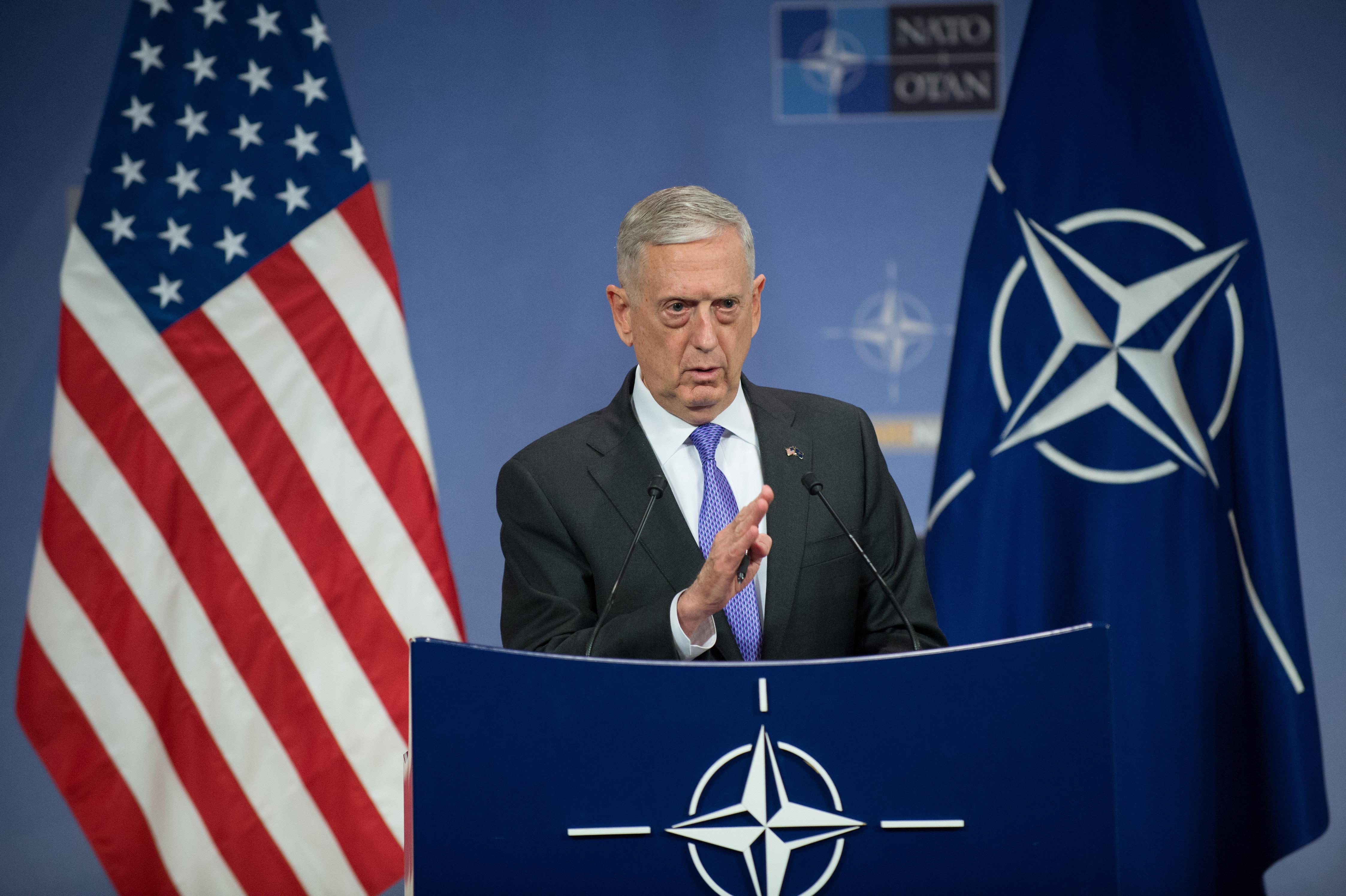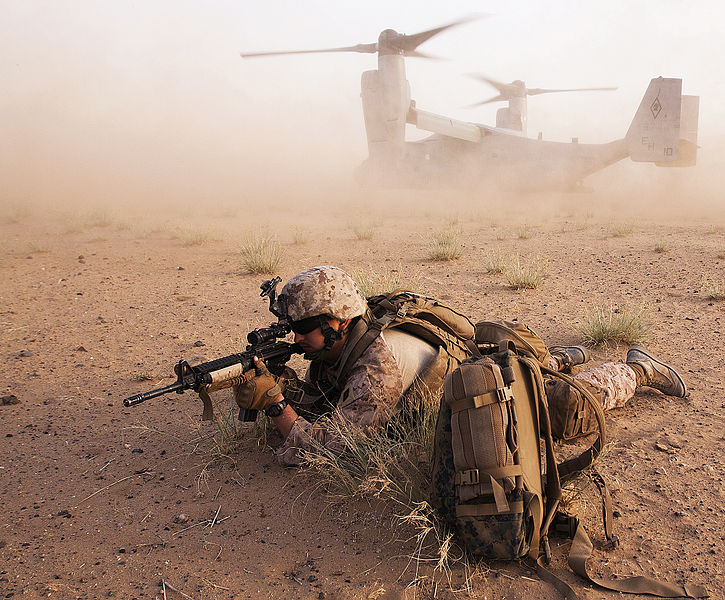Promote Stability and Cooperation
With the dissolution of the Soviet Union, and thus, the ending of the main threat to the security of Europe since the signing of the North Atlantic Treaty in 1949, NATO’s raison d’être as set out in the treaty had vanished. As NATO began redefining itself and its international role in the post-Cold War environment, it was not looking to expand. However, many Western officials, predominately President Bill Clinton, came to see NATO enlargement as useful in ensuring political and security stability in an increasingly unstable Europe. The reason Clinton administration officials and “their political allies offered for moving the organization eastward, far into Eurasia…. [was in] keeping with the missionary spirit of post-Cold War America foreign policy [in which] they declared NATO membership to be a vehicle for promoting democracy in Eastern Europe.”
Consequently, Russia’s annexation of Crimea in 2014 is the latest sign of Russia’s rejection of this post-Cold War US and European security order. Although “Russia accepted NATO expansion because it had no choice…. [t]he Russians never came to regard expansion as fair, legitimate, or indeed anything other than a betrayal of Western promises and an assault on Russian prerogatives and interests.” Mandelbaum argues that “[b]y alienating Russia, NATO expansion undercut Western and American goals in Europe…. It did this in return for no gain at all, making NATO expansion one of the greatest blunders in the history of American foreign policy.” With this charge made, however, former British Prime Minister Margaret Thatcher would suggest such expansion was and is necessary as, “You don’t cancel your home insurance policy just because there have been fewer burglaries on your street in the last 12 months!” Thus, with the rise of Russian aggression, the need to protect against an uncertain future became entrenched in NATO’s mandate which stressed the need to “preserve the strategic balance in Europe” as one of NATO’s fundamental security tasks. Certainly, this expansion of NATO continues to provide a means of security to democratizing states, thus solidifying their “transitions from communism and opening new economic prosperity through greater connections with the European Union.”
[perfectpullquote align=”right” bordertop=”false” cite=”” link=”” color=”” class=”” size=””]“The enduring commitment of the US to the protection of security on the European continent has become a testament to the success and the strength of the NATO alliance….”[/perfectpullquote]
Although it is unlikely that Russia would directly attack any member of NATO, the US quickly realized that it must be willing to act multilaterally with its European partners and be able to project stability beyond its own borders in order to protect the security of the international order. In other words, if the neighbouring states within Europe are more stable, then the US becomes more secure. Thus, as Russia’s aggression nevertheless seeks to erode US and European unity while seeding doubt in the legitimacy of NATO through a combination of force and propaganda, US economic interests become further ingrained as the core of why it maintains a treaty commitment to the stability and security of Europe. Recent data reinforces this vital significance of Europe to the US way of life; for example, the economic relationship between the US and the EU “generated trade flows in goods and services of roughly [US] $2.7 billion per day in 2012 and yielded some 6.8 million U.S. jobs in 2010.”
Clearly then, the US has vital interests in a Europe that is democratic, stable, robust, and undivided. With the prosperity of the US dependent on open markets, the security of the European continent becomes greater than ever and NATO expansion under the direction of the US must continue in its objective to assemble a European continent that “is as stable as it has ever been in its history; [with] the notion of war on the continent… border[ing] on the absurd.” The transatlantic alliance is therefore the key in not only advancing the interests of the US in Europe, but also in addressing threats to the international order.
Defend Shared Values
The transatlantic alliance has always entailed much more than providing a countervailing balance to Soviet power, and now to Russian aggression. As such, the interdependence and interconnectedness of the modern world demands an alliance that must rise as a unified unit. The rationale of the transatlantic alliance has certainly altered with the dissolution of the Soviet Union, but the fundamental principles that comprise the foundation of such a relationship remain together – the defending of shared values.
To a considerable extent, NATO has evolved into a community of like-minded states, united by their determination “to safeguard the freedom, common heritage and civilization of their peoples, founded on the principles of democracy, individual liberty, and the rule of law.” The shared values, such as peace, prosperity, and security, “endure as a north star for otherwise diverse nations to find commonality.” Without a NATO of such shared values, the Alliance would collapse, and the security of Europe would unquestionably become jeopardized.
The enduring commitment of the US to the protection of security on the European continent has become a testament to the success and the strength of the NATO alliance, at least for the time being. Along with the continuation of the European integration project, NATO through US leadership has brought stability and democratic norms and values to post-communist Europe. As such, the objective of attaining NATO membership has brought many states to comply with the standards set by the Alliance, including open elections, civilian control of the military, and elimination of ethnic and national conflicts. Not only has this Alliance provided European states with ensured security, but has also allowed states the ability to address and prioritize internal reforms, rather than confronting external conflicts.
Taken together, the true strength and effectiveness of the NATO alliance is certainly being tested in Europe today, and as a result, NATO will have to closely evaluate its approach to Russia. While such ongoing Russian aggression is not likely to rival the Cold War in its degree of danger, it will nonetheless represent an unsettling source of European instability into the future. In this tumultuous time of uncertainty, NATO ought to remain strong, ready, and capable of forging interdependencies between European states in order to “be better positioned to respond to the challenges that may seem local, but actually threaten the entire interdependent world.” For almost 70 years, NATO has brought North America and Europe together. But the Alliance must not falter now. NATO must continue to expand its membership and its pursuit of peace, prosperity, and security by guaranteeing collective defence, promoting stability and cooperation, and defending shared values for both sides of the Atlantic.
Undoubtedly, Europe still needs the active involvement of the United States within its borders, which has been a fundamental component of the continental balance of power for a half a century. A robust and stable Europe is in the United States’ economic, political, and security interests and the common threats that confront both the US and Europe certainly suggest that through the utilization of NATO, the US will indeed remain a fundamental actor in European security for a considerable time to come.
Photo: Defense Secretary Jim Mattis briefs the press at NATO headquarters in Brussels (2017), by Air Force Staff Sgt. Jette Carr via DoD. Licensed under CC 4.0 International license.
Disclaimer: Any views or opinions expressed in articles are solely those of the authors
and do not necessarily represent the views of the NATO Association of Canada.




